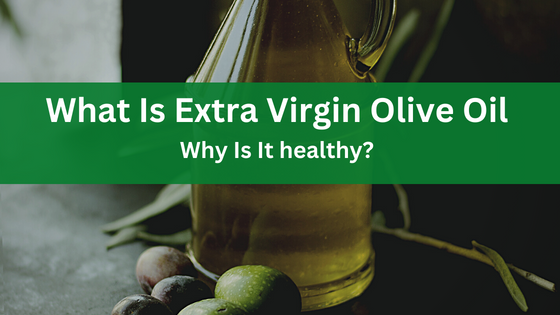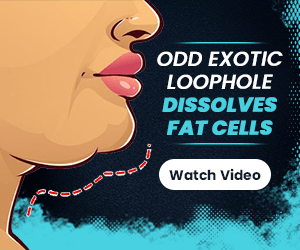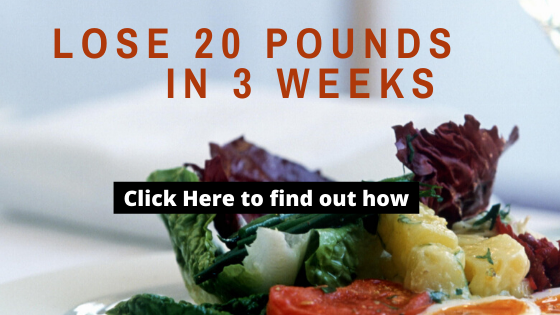
Home > Blog > Diets > Mediterranean Diet
Why the Mediterranean Diet Is So Healthy
Learn more about the world's healthiest diet and how it can help you look and feel better.
BY Amber M., Jan 2, 2023

Known for its rich flavor, versatility, and health benefits, extra virgin olive oil is an excellent ingredient to keep in your kitchen cupboard.
Not only is it easy to use for roasting, frying, baking, or sautéing, but it’s also jam-packed with antioxidants and heart-healthy fats.
Plus, it’s been studied extensively for its many health benefits, with some research suggesting that it could protect against heart disease, combat cancer, and alleviate inflammation.
This article takes a closer look at the potential benefits, downsides, and uses of extra virgin olive oil, along with how it stacks up against other common cooking oils.
What is olive oil and how is it made?
Olive oil is a type of oil that has been extracted from olives, the fruits of the olive tree.
The production process is simple. Olives can be pressed to extract their oil, but modern methods involve crushing the olives, mixing them, and then separating the oil from the pulp in a centrifuge
After centrifugation, small amounts of oil remain. The leftover oil can be extracted using chemical solvents and is known as olive pomace oil.
There are several grades of olive oil, which vary in terms of their nutritional content and the amount of processing that they undergo.
The three main grades of olive oil include:
- Refined olive oil
- Virgin olive oil
- Extra virgin olive oil
Extra virgin olive oil is the least processed variety and is often considered to be the healthiest type of olive oil.
It’s extracted using natural methods and standardized for purity and certain sensory qualities, such as taste and smell
In addition to its unique flavor and aroma, extra virgin olive oil is rich in disease-fighting antioxidants and has been associated with a wide range of potential health benefits
Nutrient composition of extra virgin olive oil
Extra virgin olive oil is rich in heart-healthy fats, along with vitamins E and K.
A tablespoon (about 14 grams) of olive oil contains the following nutrients
- Calories: 119
- Saturated fat: 14% of total calories
- Monounsaturated fat: 73% of total calories (mostly oleic acid)
- Polyunsaturated fat (PUFA): 11% of total calories
- Vitamin E: 13% of the Daily Value (DV)
- Vitamin K: 7% of the DV
Extra virgin olive oil is a great source of antioxidants, which are compounds that help fight inflammation and chronic disease.
The oil’s main antioxidants include the anti-inflammatory oleocanthal, as well as oleuropein, a substance that protects LDL (bad) cholesterol from oxidation.
Some people have criticized olive oil for having a high omega-6 to omega-3 ratio. However, its total amount of polyunsaturated fats is still relatively low, so you probably don’t need to worry
What makes it so healthy?
In addition to its impressive antioxidant content, extra virgin olive oil is loaded with monounsaturated fatty acids, a type of healthy fat that has been linked to several benefits.
In particular, research suggests that monounsaturated fatty acids could benefit heart health and may even help protect against heart disease.
Extra virgin olive oil also contains a good amount of vitamins E and K in each serving.
Vitamin E is an essential nutrient that doubles as an antioxidant, while vitamin K plays a key role in bone health, blood clotting, heart health, and more
Extra virgin olive oil and heart disease
Cardiovascular diseases, such as heart disease and stroke, are among the most common causes of death in the world.
But many observational studies show that death from these diseases is low in certain areas of the world, especially in Mediterranean countries, where olive oil is a major part of people’s diets.
This observation spurred interest in the Mediterranean diet, which is supposed to mimic the way the people in that region eat.
Studies on the Mediterranean diet consistently show that it’s associated with improved heart health and may help prevent heart disease and stroke.
Extra virgin olive oil protects against heart disease via numerous mechanisms.
- Reduces inflammation. Olive oil can decrease inflammation, a key driver of heart disease
- Reduces oxidation of LDL (bad) cholesterol. Olive oil may prevent LDL particles from oxidative damage, an important factor in the development of heart disease
- Improves blood vessel health. Olive oil may improve the function of the endothelium, which is the lining of the blood vessels.
- Helps manage blood clotting. Some studies suggest that olive oil can help prevent unwanted blood clotting, which could contribute to heart attack and stroke.
- Lowers blood pressure. Research suggests that increased intake of olive oil could be tied to lower blood pressure, which may aid in the prevention of heart disease
Given the multitude of health-promoting properties associated with olive oil, it’s not surprising that many studies show that increased consumption may even be linked to a lower risk of heart disease and stroke
Not only is extra virgin olive oil loaded with heart-healthy fats, but it’s also a great source of antioxidant compounds, like vitamin E, oleacein, and oleocanthal.
It has been associated with a wide range of powerful health benefits and may help prevent heart disease, promote brain function, and protect against certain types of cancer.
Plus, it’s incredibly versatile and makes a great addition to a variety of recipes, ranging from baked goods to stir-fries, sautéed veggies, salad dressings, and more.
Want the best Olive Oil for free?
Kasadrinos is giving away Free bottles to try out.
It is Certified organic, great acidity, beautiful color, from Greece & that it is processed within a day of harvest!

Recent posts
Get Easy Mediterranean recipes and meals
that's planned for you
© {2022} Healthy Living Club. All rights Reserved | Privacy Policy | Disclaimer


